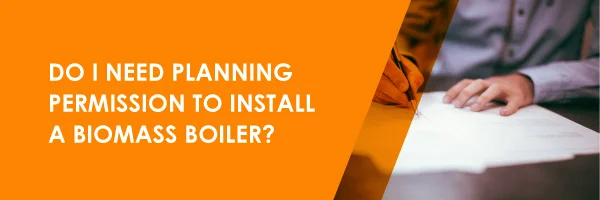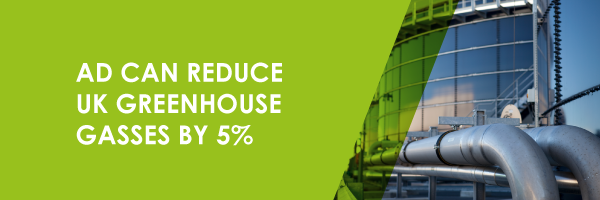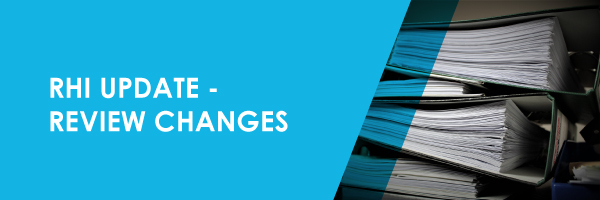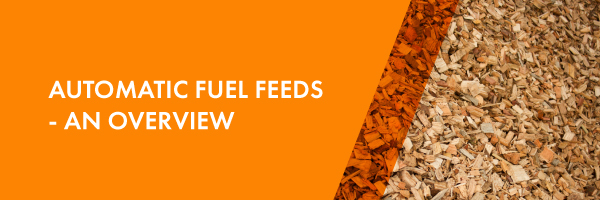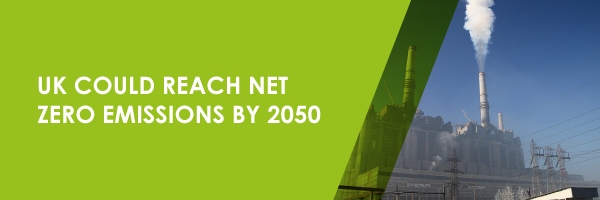Have Your Say – DEFRA Consultation
DEFRA are running a consultation on air pollution that will effect domestic solid fuel burners – Have your say.
From August 2018 until 11:45pm on 12 October 2018 the Clean Air team at DEFRA are accepting responses to their “Air quality: using cleaner fuels for domestic burning” open consultation.
What is an open consultation?
An open consultation is one way government departments receive feedback from people who will be personally or professionally affected by the proposals set out in the consultation.
Consultations usually present:
- A Consultation Letter
- An Impact Assessment
- A Consultation paper which outlines the issue at hand and possible scenarios for intervention.
How do I have my say?
After reading the consultation, simply complete their online form or alternatively email any comments and (if you have any) evidence that supports your views to [email protected]
What is this consultation about?
Note: As powers on air quality are devolved, this consultation relates only to proposals for England.
The Clean Air Strategy states that air pollution is the top environmental risk to human health in the UK.Now that the emissions from these sources has decreased, the relative importance of emissions from other sources has increased. The Strategy is clear that we now need to tackle these other sources of air pollution, including emissions caused by heating our homes.
Burning domestic solid fuels leads to emissions of PM2.5. The main solid fuels burned in the home are:
- Traditional house coal (or bituminous coal) – a naturally occurring mined product. PM2.5 emissions are higher than from smokeless fuels.
- Smokeless coal (or anthracite) – a form of naturally occurring, mined, high-purity coal, authorised for use in smoke control areas.
- Manufactured solid fuels – fuels manufactured from coal products with other ingredients that have low smoke emissions. However, some do have high SO2 emissions.
- Wet wood – a naturally occurring product. Newly felled wood has a high moisture content and creates a lot of smoke when burned. It has over double the emissions of seasoned or kiln dried wood.
- Seasoned wood – wood that has been left for at least 2 years to naturally air dry.
- Kiln dried wood – wood that has been kiln dried to below 20% moisture.

source: https://consult.defra.gov.uk/airquality/domestic-solid-fuel-regulations/
The Proposals
To combat air pollution DEFRA have put forward a few proposals:
Option 0: Baseline/Do nothing approach – continue with current voluntary arrangements but introduce no further interventions. This is the baseline against which the other options are assessed
Option 1: Voluntary approach –a government communications campaign alongside continued support for voluntary industry schemes promoting the sale of cleaner fuels.
Option 2 (preferred option): regulating the sale, distribution and marketing of bituminous coal and wet wood (>20% moisture) sold in units up to two meters cubed and limits on sulphur content of smokeless fuels, alongside an information campaign to raise public awareness of highly polluting fuels. This delivers the best balance between realising the air quality and health benefits as soon as possible and managing the impact on households, businesses and local authorities.
Other options considered:
a) Regulating the sale of fuels in urban areas only: approximately 50% of PM pollution comes from outside a local area, restricting legislation to urban areas would deliver less air quality benefits across the country;
b) modifying existing legislation on smoke control areas but these do not allow for a nationwide approach
c) taxation was felt not to deliver change at the pace needed to meet our legal obligations and
d) stove scrappage scheme which had prohibitively high costs as compared with the proposed option.
You can read the consultation documents in full by clicking on the links below:
Consultation on cleaner domestic burning of solid fuels and wood
You can respond in one of 3 ways:
Email to : [email protected]
Write to:
Local Air Quality Team,
Department for Environment, Food and Rural Affairs,
Seacole Building,
2 Marsham Street,
London SW1P 4DF
